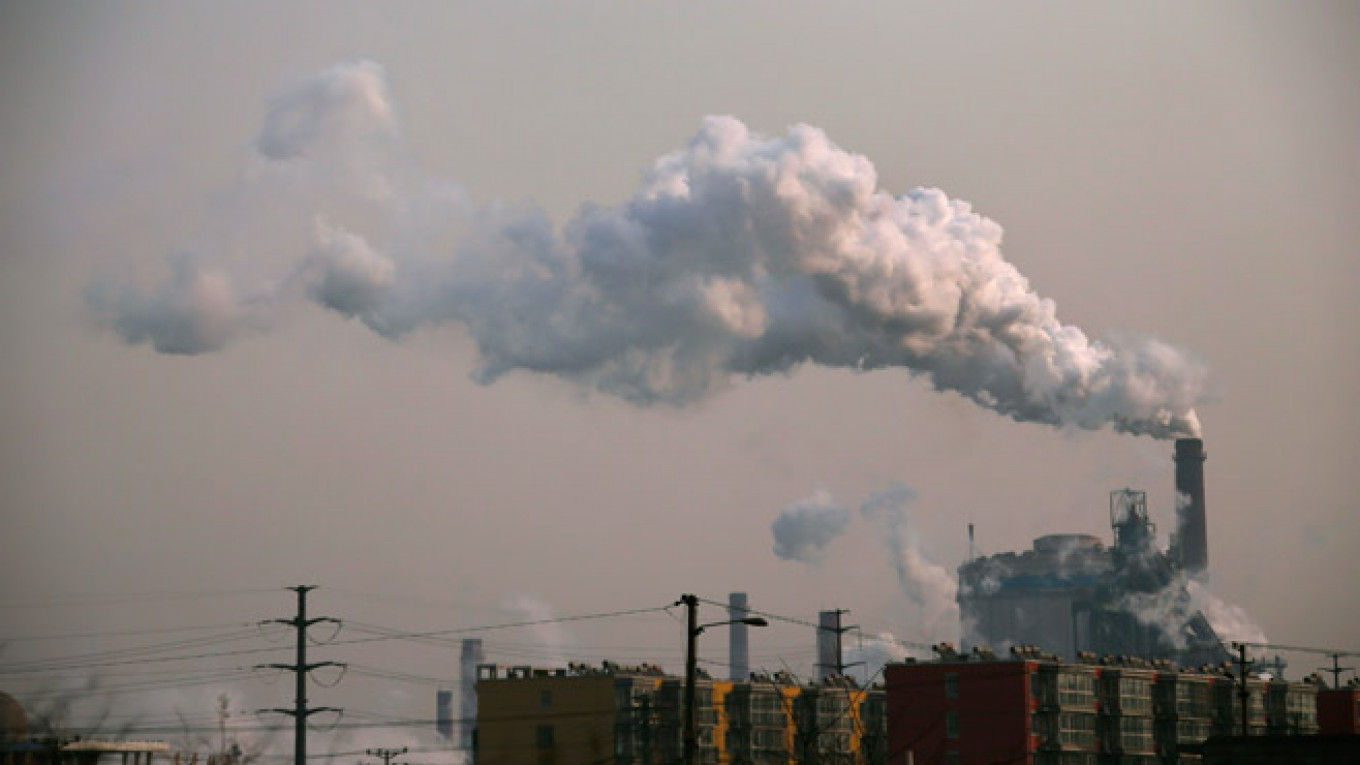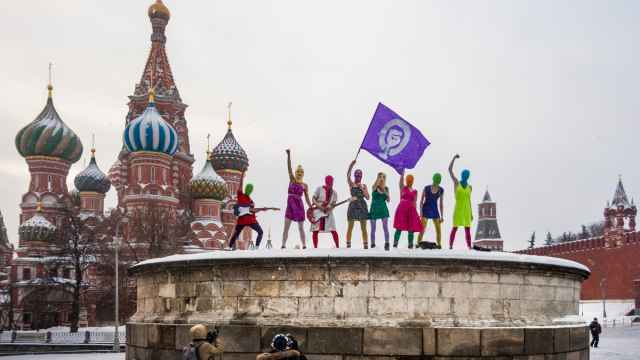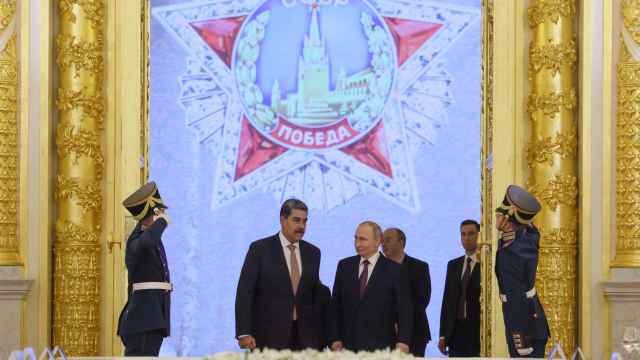Today, on World Cancer Day, I am thinking of all those who are affected by cancer — people who are struggling with the disease, as well as their families and friends. In recent years I have been personally affected, as cancer struck members of my close family and some of my best friends. Cancer is a terrible disease, causing millions of deaths worldwide every year.
We can do more to prevent people from getting sick. One way is to increase our efforts to reduce the amount of pollutants in the air we breathe. In 2013, the International Agency for Research on Cancer classified outdoor air pollution as a cause of cancer. Data from 2010 shows that 223,000 deaths from lung cancer worldwide were attributable to air pollution. Air pollution is thus a leading environmental cause of cancer deaths. This is highly disturbing.
Beyond cancer, recent research shows that air pollution is now by far the world's largest single environmental health risk. According to the World Health Organization, about 7 million people in the world died prematurely as a result of air pollution exposure in 2012. Some 600,000 alone in the European region. This makes it more deadly than malaria, tuberculosis and AIDS combined.
The majority of air pollutant-related deaths occur in developing countries. The western Pacific and Southeast Asian regions bear most of the burden with 2.8 and 2.3 million deaths per year, respectively. According to WHO studies, exposure to fine particulate matter — a major component of air pollution — in Asia is highest in countries like Pakistan, Afghanistan, Bangladesh, Mongolia, India, Nepal and China.
We must therefore take renewed action to improve air quality. The major sources of air pollution are well known: power stations and industrial installations emit sulphur dioxide and heavy metals; traffic is a source of nitrogen oxides; ammonia emissions from agriculture contribute to the formation of particulate matter. Likewise, wood-burning stoves in individual homes, if not equipped with appropriate filters, are also a major source of particulate matter and other pollutants. Reducing these emissions is possible.
I remember the debate about air pollution in the 1970s and 1980s vividly. The forests and lakes in northern Europe were dying from acid rain and stirred heated discussions. Realizing that air pollution does not halt at national borders but can affect communities and citizens thousands of kilometers away, the countries in Europe and North America decided to cooperate to solve the problem.
In 1979, 32 countries signed the Convention on Long-range Transboundary Air Pollution under the auspices of the United Nations Economic Commission for Europe (UNECE). This was the first legally-binding international treaty in the world imposing ceilings on the emission of air pollutants.
Over the last 30 years, additional countries have joined, bringing the number of parties to 51 to date. The number of substances covered by the convention and its protocols has also been gradually extended, notably to ground-level ozone, persistent organic pollutants, heavy metals and particulate matter.
The result of this collective effort has been spectacular: emissions of a series of harmful substances have been reduced by 40 to 70 percent since 1990 in Europe. In North America, reductions of 30 to 40 percent have been registered. The air we breathe today in Europe and North America is much cleaner than it was 30 years ago.
The Russian Federation, a party to the convention and three of its early protocols, has, over the years, managed to bring sulphur dioxide and nitrogen oxide emissions down. However, the fact that more needs to be done to reduce emissions has already been recognized by the Russian government.
In July 2014, a new law on best available techniques was adopted, which will help reduce emissions, especially from heavy industries. I welcome this new legislation and I urge the Russian Federation to ratify the other five protocols to the convention — to which it is not yet a party — in particular the three most recent on heavy metals, Persistent Organic Pollutants (POPs) and the Gothenburg Protocol. The latter is the first international treaty in the world to include emission reduction targets for particulate matter.
But we must do more and we must take global action. Reducing air pollution must be a high priority on our health agenda to prevent cancer and other diseases. This is why air quality has been selected as one of the two main themes at the next Environment for Europe ministerial conference in Georgia in 2016.
If governments renew their firm commitment to implement the legally binding emission reduction targets, and set further targets, they will send a strong message to the world and help save tens of thousands of lives. To respond to this challenge, we must share experiences and inspire global action.
Countries all over the world will need to take drastic, and sometimes unpopular, measures to significantly curb the emission of air pollutants across all sectors. This will require the active engagement of all industries, and also behavioral change by each and every one of us. But we have proven that we can get cleaner air, we can help to prevent cancer, if we work together.
Christian Friis Bach served as special advisor to the European Commission for the United Nations Global Sustainability Panel (2010-11) and is the executive secretary of the United Nations Economic Commission for Europe, the custodian of the first legally binding international treaty in the world imposing ceilings on the emission of air pollutants.
A Message from The Moscow Times:
Dear readers,
We are facing unprecedented challenges. Russia's Prosecutor General's Office has designated The Moscow Times as an "undesirable" organization, criminalizing our work and putting our staff at risk of prosecution. This follows our earlier unjust labeling as a "foreign agent."
These actions are direct attempts to silence independent journalism in Russia. The authorities claim our work "discredits the decisions of the Russian leadership." We see things differently: we strive to provide accurate, unbiased reporting on Russia.
We, the journalists of The Moscow Times, refuse to be silenced. But to continue our work, we need your help.
Your support, no matter how small, makes a world of difference. If you can, please support us monthly starting from just $2. It's quick to set up, and every contribution makes a significant impact.
By supporting The Moscow Times, you're defending open, independent journalism in the face of repression. Thank you for standing with us.
Remind me later.






